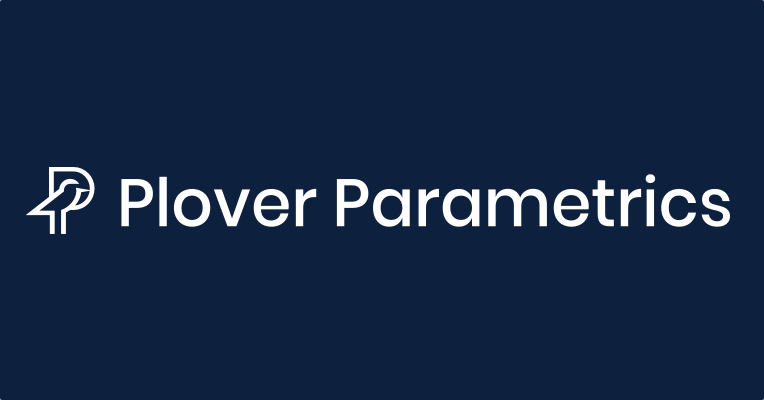Plover Parametrics launches brokerage with Beeg hire, raises $5m to expand team

Plover Parametrics has launched as a specialty brokerage focused on leveraging advanced technology to build out new parametric insurance products and has announced the hiring of former Descartes employee Brendan Beeg and a successful raise of $5 million in venture funding to support the growth of the business.
Plover Parametrics calls itself a specialty brokerage for alternative risk and it aims to assist agents and brokers in winning new business and retaining clients, through offerings of parametric solutions for natural catastrophes, weather and climate, as well as more novel risks.
The company believes that the use of advanced software can help to “accelerate the speed and lower the cost of climate resilience insurance,” and will work with carriers to help them bind and scale up parametric capacity deployment.
Services include data integration, parametric trigger design and monitoring, risk analysis, as well as pure brokerage of parametric risk transfer products.
The company states that, “Plover focuses on bringing specialty products to disrupted markets, specializing in wildfire, flood, wind and other perils where admitted carriers continue to pull back.”
While it states this, one of its first products is interesting as it has launched a litigation-triggered parametric insurance product for D&O, in collaboration with CRC.
Plover said this parametric D&O cover will bring transparency and fairness to the financial lines market segment and it can offer up to $2 million in limit, with no deductible.
This parametric D&O product has a trigger constructed to pay out when a stock price falls and a securities class action is filed.
Plover Parametrics said it has now secured $5 million in venture capital funding which will be used to expand its brokerage team, invest in software to automate its broking process, and support its growing program business as well.
“The insurance industry is at a crossroads,” commented Max Clarke, CEO and Co-founder of Plover. “The increasing severity of climate events, permissive building practices, and regulatory challenges have broken the insurance markets in much of the US. Mass admitted non-renewals in flood, storm and fire-prone areas are now common.
“When admitted markets pull back, E&S products need to be readily available to fill these gaps. We founded Plover to grow the market for specialty insurance that can keep American companies protected and open for business.”
Plover has hired Brendan Beeg as its Senior Vice President of Brokering.
He has decades of experience in the insurance and brokerage sector with a proven track record in the parametric risk space, most recently at specialist firm Descartes Underwriting.
Beeg had spent over two years at Descartes as a business development manager for the North America region, prior to which he worked in Hawaii at Aon, First Insurance Company, and Tokio Marine.
“I am excited to lead the specialty broking operation during this exciting phase of innovation and demand,” Beeg said. “We will set new standards for service excellence and equip our broker/carrier partners with the objective information they need to execute quickly and deliver exceptional results. Broker partners can expect to see higher client retention rates, new revenue production, RFP success, and reduced service expenses through the outsourcing of challenging property renewals to the subject matter experts at Plover.”
It’s good to see another company enter the parametrics space with a mission to leverage advanced technology to drive expansion of the parametric risk transfer sector.
More encouraging still is the fact Plover wants to create new categories of parametric triggers as well, as evidenced by its D&O product, while its positioning as a broker will help bring products to capacity seeking to be deployed.
While the parametric space is expanding, its growth is still relatively slow, in terms of pure premium deployed to parametric contracts, with many of the fastest growing parametric companies finding most of their success in hybrid products. Hence, looking to build out new products and bring parametric techniques to new classes of insurance business is a sensible move, in what has become an increasingly crowded market, especially in catastrophe and climate risks.






